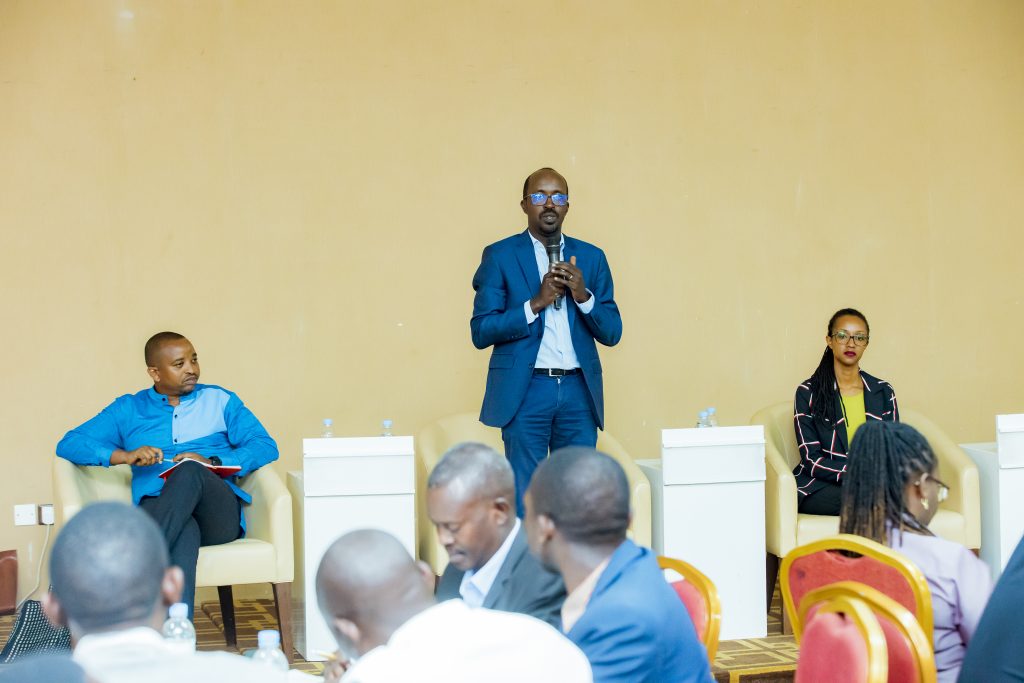Rwanda Basic Education Board (REB) through Rwanda Education Quality Improvement Program (RwandaEQUIP), on August 2, organized a head-teachers briefing session on a digital methodology meant to support and improve teaching and learning in 511 government-aided nursery and primary schools across the districts.
RwandaEQUIP is a government-led initiative working to deliver significant improvements in the learning outcomes for pupils in public and government-subsidized primary schools across the country.
During the orientation workshop with head teachers held in Kigali, Clement Uwajeneza, the RwandaEQUIP Managing Director, explained that the program introduces a novel digital approach to support and improve teaching and learning.
Their methodology entails providing supplementary and complementary learning materials.
The teacher induction training that starts on August 6 and runs up to August 16 aims to enhance learning outcomes, enable learners to better their English and Kinyarwanda skills, and excel in mathematics and all curriculum lessons.
It will equip teachers with the ability to use teaching material that is digitally delivered to the devices that they will use going forward, and equip teachers with new classroom management techniques that foster a positive learning environment.

“We shall ensure that teachers are fully confident using teachers’ tablets, able to read the lesson guides, and revamp class management techniques to guarantee a conducive environment for learners to be happy to learn, and eager to come to school every day,” Uwajeneza stated.
The training will also develop the mindset needed to be excellent teachers and school leaders, as well as develop the communication strategies needed to engage with the RwandaEQUIP community and beyond.
RwandaEQUIP will provide teachers and heads of schools with constant comprehensive support to improve school management and performance as well as offer supplementary and complementary learning materials.
12, 000 teachers
Learners are expected to, among others, receive activity books to write what they learned and will be engaged by teachers to avoid boredom. At the end of the teacher induction training, Uwajeneza noted, all the 12, 000 teachers from 511 schools will receive a tablet, and each head teacher a smartphone, which will serve as a school server where teachers connect their tablets to the internet and access teaching content.
The curriculum lists all the skills that students acquire each year in their respective grades.
“We will ensure that each school has a spare tablet so that in case of issues, teachers get replacements from the head teacher.”
During RwandaEQUIP teacher induction workshop, Leon Mugenzi, the Head of the Department of Teacher Development and Management at REB, reminded head teachers that education is one of the fundamental pillars of the nation and that all reforms undertaken in the education sector aim to achieve the highest standards of quality in education.
Mugenzi explained the positive impact of the RwandaEQUIP program, stressing that participants had gained awareness and embraced technological advancements that will aid in enhancing their educational practices. He urged head teachers to collaborate with teachers, considering the latter as key contributors to their role in providing content.
Ahead of the RwandaEQUIP training on technology-enabled teaching for 12,000 teachers, the Minister of State for Primary and Secondary Education, Gaspard Twagirayezu, emphasized that technology is a support, not a replacement for teachers.
He urged head teachers to harness technology effectively for improved administration, teaching, and learning.
Nelson Mbarushimana, the Director General of REB, urged head teachers to use ICT in transferring knowledge to learners, stressing that it is the 21st century, and they ought to have smartphones.
He told heads of schools that good leadership is a source of success and a reason most schools with good head teachers perform better during national exams.
Mbarushimana urged head teachers to champion dignity and have visions for their schools.
Rev. Valentine Mutesi, the head teacher of G S Kabare Rwamagana, said she is “very happy” about the new program, noting that it will reduce the time teachers usually spend preparing for lessons.
“The cost for teaching materials will be lower since lessons will be planned on smartphones, and learners will put into practice what they’re taught. I will also be able to observe learners’ progress, the time the teacher spends on a specific subject, as well as follow the lessons as well,” she noted.
The RwandaEQUIP program’s success metrics include elements such as reading fluency, where all students are enabled to read fluently and with comprehension; numeracy fluency, where all students are enabled to accurately solve grade-level math problems; and PLE success, where all Primary 6 students in RwandaEQUIP supported schools pass the national primary leaving examinations.


